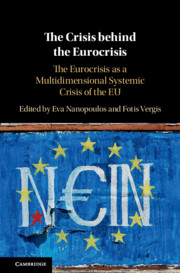Föhrer, Bianca, Roland
Erne and Graham Finlay. 2019. “Transnational
Competence: A Transformative Tool? A Comparison of German and Irish
Political Trade Union Education Programs.” Labor Studies Journal. First
published: 30 December.
In the literature on cross-border labor action, labor education is seen as an important factor to improving it. This article therefore first reconstructs an innovative pedagogic concept, transformative Transnational Competence, to advance transnational labor education and action. Although initially developed for multinational firms and international organizations, this pedagogical concept is promising for labor, as it also focuses on emotional issues that are central to collective action. Subsequently, we use our reconstructed concept as a yardstick to assess labor education programs of public and private sector unions in Ireland and Germany. Our study shows that all unions face similar difficulties leading to rather little attention to transnational labor education, regardless of the very different labor relations landscapes in which they are operating. Hence, unions’ difficulties in relation to transnational labor education and action cannot be due to distinct national or sectorial factors, such as labor relations systems and different amounts of resources allocated to labor education. Instead, transnational labor education is facing challenges that are common in all cases, notably the tension between utilitarian and emancipatory orientations of union leaders, educators, and members involved in labor education programs.
